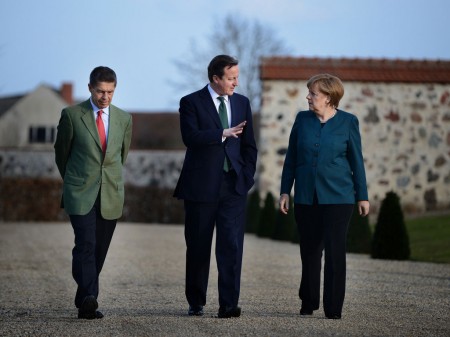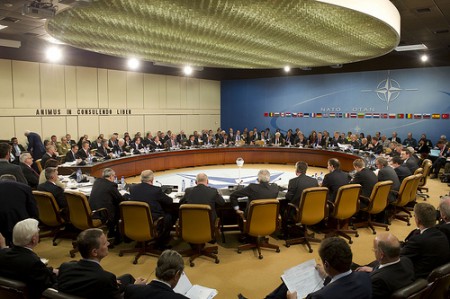
A very senior British general said of Operation Serval in Mali that France had “set the standard” for crisis military interventions. Praise indeed and not easily given. One can always tell when a crisis is being managed to effect as the press lose interest.
The challenge Paris faced when four thousand French troops arrived in Mali in February was complicated to say the least. Tuaregs had taken control of northern Mali and sought separation. They were supported by a particularly nasty bunch of Islamists (Al Qaeda in the Islamic Maghreb and the Mujao) who had profited (literally) from the chaos in neighboring Libya. To make things worse the Malian Army, or what was left of it, was in meltdown and the country’s political system with it. Now, with the Tuaregs having signed a June peace deal, last year’s military coup leader having apologized and elections planned for 28 July, Mali has at least a chance of a future.
How did the French pull off this genuine military success?


